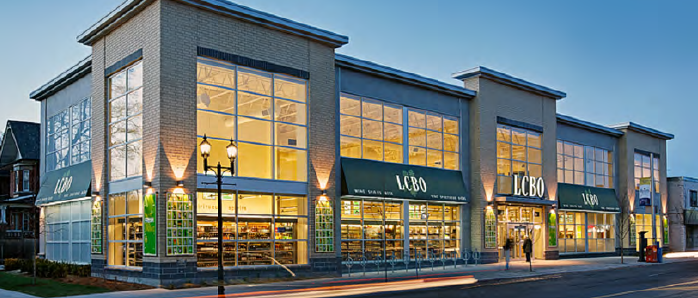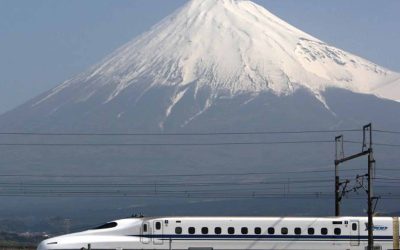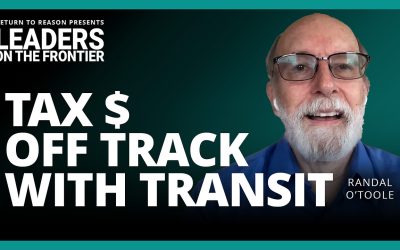Using an intrinsic value method, and discounting to the present, the Liquor Control Board of Ontario’s, ‘LCBO’s’ projected future free cash flows, as the company is today, but taxed at statutory rates, the range of estimates is $12.13B to $84.91B, with a tighter range of a median (midpoint of the array of estimated values) of $21.23 to a mean (simple average of the array of estimated values) of $27.32B. A more realistic, narrower range becomes a median of $20.20B to a mean of $25.99B. This version used adjustments to the free cash flow calculation which may not be fully reliable.
Under the market-based valuation system, the current, ‘as is’—but now fully taxed-value ranges from $51B to $359B, with a median of $95B and a mean (average) of $136B. Seven valuation metrics were usable, and the averages were inflated by some anomalous comparison companies’ metrics applied against financial numbers from LCBO that could be more optimistic than could pertain in the future, as its monopoly profit margins may not be permanently sustainable. The minimum value is $49.53B, the maximum is an extremely unlikely $357.46B, and the tighter range goes from a median of $93.05B to a mean of a very doubtful $134.93B.
Intensive examination of the assets of the LCBO, evaluation of its business practises and appraisal of its assets, plus scrutiny of its accounting would be necessary for a much more precise valuation range for the company, and that is beyond the scope of this study.



